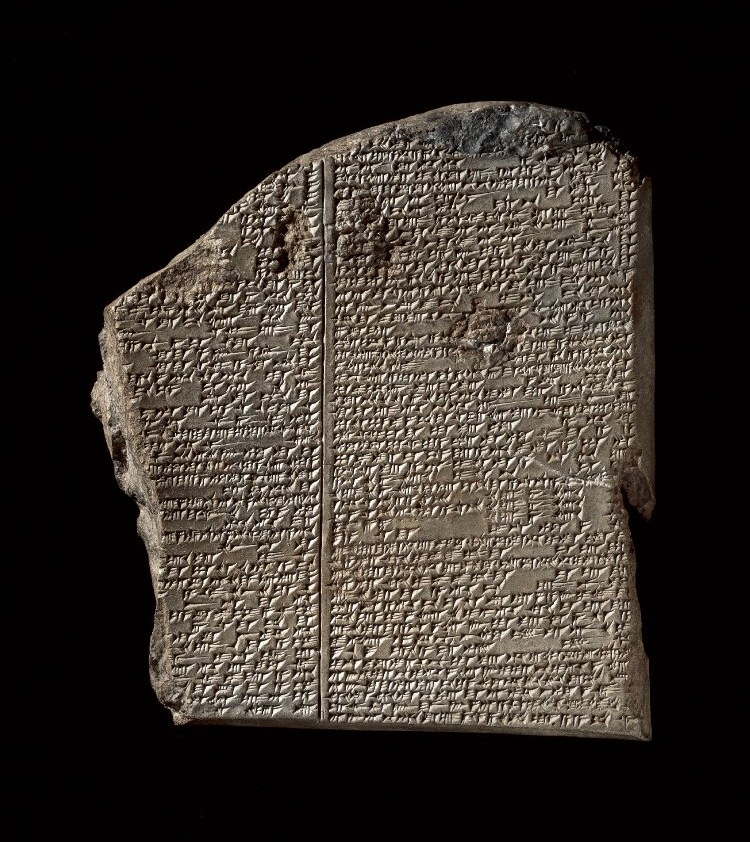Technology is made up of “Techne-” and “–ology”. “Techne-” derives from the Greek and means an art, craft, tool or the way something is gained, and “–ology” derives from the Greek word Logos meaning to speak about something or to write something. Thus “Technology” is speaking or writing about how things are gained. So technology is not the computer you are using to read this posting, it’s when you speak about it that it becomes technology. In other words it is creation through speaking, the same way magicians have cast spells for thousands of years through invocations. Of course the computer scientists reading this will know all about creation through writing (and will be familiar with the terms “casting” and “invocations” in a different context also).
In modern times the word “technology” has changed its meaning, now it has become synonymous with “high technology” (or hi-tech), the antonym of which is “low technology” (or lo-tech) which can be defined as crafts or tools whose inception predates the Industrial Revolution. If this is the definition we accept then one of the oldest technologies that exists must be written language. Writing is a tool that allows communication whose inception long predates the Industrial Revolution. The entirety of written language consists of a mere twenty-six symbols or tools that capture the whole of human knowledge and the most profound of human thought.
One of the reasons for this pondering is that this week I obtained a PDA (Dell Axim x51v) which consists of amongst other things a tablet (or writing surface) and a stylus (or pen). It is a wonderful piece of technology, but each time I use it I am reminded that one of the earliest known literary works, the Epic of Gilgamesh (which concerns the adventures of a great hero Gilgamesh and his wild-man friend Enkidu) was written in Mesopotamia around 3000BC in cuneiform, using a stylus and tablets.

Turning now to the word Technique we discover that it originates from the French word technique which itself is from the Greek word technikos which in turn has the same root as “Techne-” which we will recall means an art, craft, tool or the way something is gained.
In a sense technology is speaking about a skill, and technique is the actual skill, which reminds me a lot of the relationship between teaching and learning, one view of which is that teaching is speaking about developing a skill and learning is about developing the actual skill.
When the TECH works well together it can be a joy, but it requires careful planning. What TECHnologies work well to help students learn? It depends on the topic being taught, the students and the teacher. What teaching TECHniques work well to help students learn? It also depends on the topic being taught, the students and the teacher.
No comments:
Post a Comment